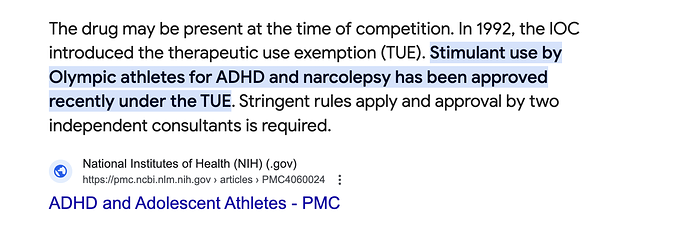I know there have been a lot of discussions on nerves and confidence on other threads but I wasn’t sure where to put this, and thought the article was worth a discussion:
“No, You Don’t Have To ‘Push Through Your Fear’ In Order To Get Over It”
https://www.chronofhorse.com/article/no-you-dont-have-to-push-through-your-fear-in-order-to-get-over-it/?fbclid=IwZXh0bgNhZW0CMTEAAR3-xVSXBiPmTU_E-4q4NDjglXM2yPmF5PLrfHfwvcfxs2-OWiucTRF-cjk_aem_U8cj4OItU5SJXj0K-tlApw
Basically the author argues that there are two main causes of rider confidence issues: performance anxiety and fear of getting hurt. Performance anxiety is something that can be pushed through and reasoned with, but trying to push through when the root cause is fear of injury (or worse) is counterproductive.
I found it really refreshing to have a professional acknowledge that some fear is actually healthy and normal, not a sign of weakness, and then provide actual strategies for managing that type of fear. I’m someone that doesn’t get performance anxiety, I’m the same at shows as I am at home, but I’m definitely not the bravest rider out there in general. It’s something I struggle with and would like to improve on, but I have a hard time finding advice that doesn’t revolve around trying to convince myself that my fear is illogical - horses are dangerous, my fear is entirely logical. That’s my problem. If it was emotional I could override it, but I really can’t argue with the part of my brain that says “hey this feels dangerous” because… fair point. I just want to do it anyway and struggle to reconcile those two realities.
Anyone else relate? Any strategies that have worked for managing the logical risk-averse part of your brain? At this point I’m mainly trying the acceptance route - I can’t get rid of the fear entirely so I just try to remind myself that it’s rational and work within it. I have a trainer I trust not to point me at something I’m not capable of, who is accepting and non-judgmental of my risk-averse ways. I try to be smart about when and how I push myself out of my comfort zone and when I let myself back off. I know it’s a lot easier to destroy confidence than to build it back up, but it’s still frustrating when I know I could accomplish a lot more if I could just find a way to be braver.

